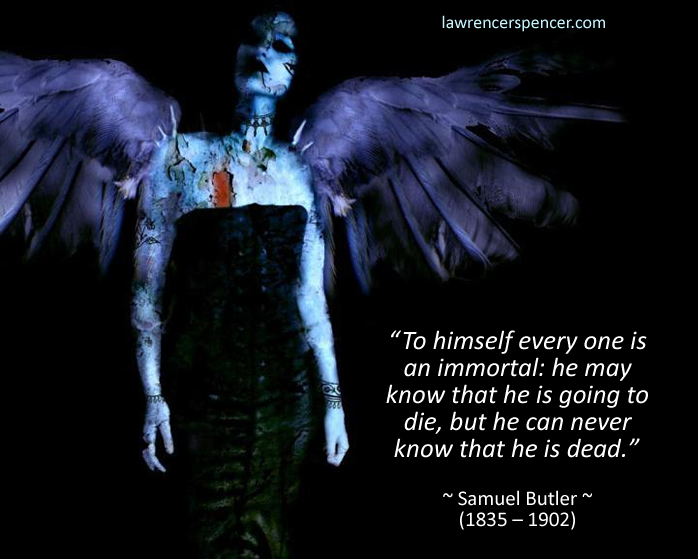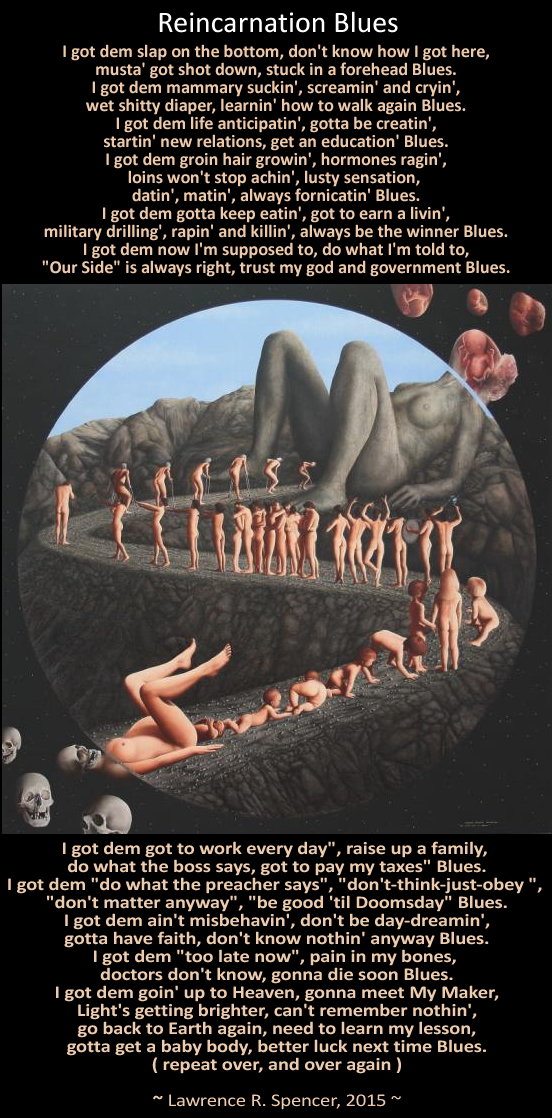 Samuel Butler (1835 – 1902) was an iconoclastic Victorian-era English author who published a variety of works. Two of his most famous pieces are the Utopian satire Erewhon and a semi-autobiographical novel published posthumously, The Way of All Flesh. He is also known for examining Christian orthodoxy, substantive studies of evolutionary thought, studies of Italian art, and works of literary history and criticism. Butler made prose translations of the Iliad and Odyssey, which remain in use to this day.
Samuel Butler (1835 – 1902) was an iconoclastic Victorian-era English author who published a variety of works. Two of his most famous pieces are the Utopian satire Erewhon and a semi-autobiographical novel published posthumously, The Way of All Flesh. He is also known for examining Christian orthodoxy, substantive studies of evolutionary thought, studies of Italian art, and works of literary history and criticism. Butler made prose translations of the Iliad and Odyssey, which remain in use to this day.
Category Archives: MORTALITY MECHANIC’S MANUAL
THE FIRE
 “The soul, being eternal, after death is like a caged bird that has been released. If it has been a long time in the body, and has become tame by many affairs and long habit, the soul will immediately take another body and once again become involved in the troubles of the world. The worst thing about old age is that the soul’s memory of the other world grows dim, while at the same time its attachment to things of this world becomes so strong that the soul tends to retain the form that it had in the body. But that soul which remains only a short time within a body, until liberated by the higher powers, quickly recovers its fire and goes on to higher things.”
“The soul, being eternal, after death is like a caged bird that has been released. If it has been a long time in the body, and has become tame by many affairs and long habit, the soul will immediately take another body and once again become involved in the troubles of the world. The worst thing about old age is that the soul’s memory of the other world grows dim, while at the same time its attachment to things of this world becomes so strong that the soul tends to retain the form that it had in the body. But that soul which remains only a short time within a body, until liberated by the higher powers, quickly recovers its fire and goes on to higher things.”
~ Plutarch (The Consolation, Moralia)
PLUTARCH (c. AD 46 – AD 120) was a Greek historian, biographer and essayist, known primarily for his Parallel Lives and Moralia.
Plutarch was born to a prominent family in the small town which lies approximately eighty kilometres east of Delphi, in the Greek region known as Boeotia. He lived most of his life at Chaeronea, and was initiated into the mysteries of the Greek god Apollo. However, his duties as the senior of the two priests of Apollo at the Oracle of Delphi (where he was responsible for interpreting the auguries of the Pythia) apparently occupied little of his time. He led an active social and civic life while producing an extensive body of writing, much of which is still extant.
Plutarch spent the last thirty years of his life serving as priest in Delphi. He thus connected part of his work with the sanctuary of Apollo, the processes of oracle giving and the personalities which lived or traveled there. One of his most important works is the “Why Pythia does not give oracles in verse”
REINCARNATION BLUES LYRICS
PAST LIVES IN AMERICA
I don’t endorse or ascribe to the observations or conclusions of the makers of this video, but I think if offers interesting experiential information on the subject of “past lives” in the context of American culture and life experience. — LRS
2,000 POSTS OF PIE IN THE SKY
2,000 Blog Posts, 2 Million Visits, and 15,000 Daily Subscribers!
DEFINITION: “pie in the sky”
McGraw-Hill Dictionary of American Idioms and Phrasal Verbs. © 2002 by The McGraw-Hill Companies, Inc.
2) pie in the sky
Cambridge Idioms Dictionary, 2nd ed. Copyright © Cambridge University Press 2006. Reproduced with permission.
3) pie in the sky


